Kurdistan Between Tehran and Ankara

The autonomous Kurdish region of northern Iraq carefully balances economic and security pressures, and dueling regional ambitions, from Turkey and Iran.
America’s Options in Afghanistan
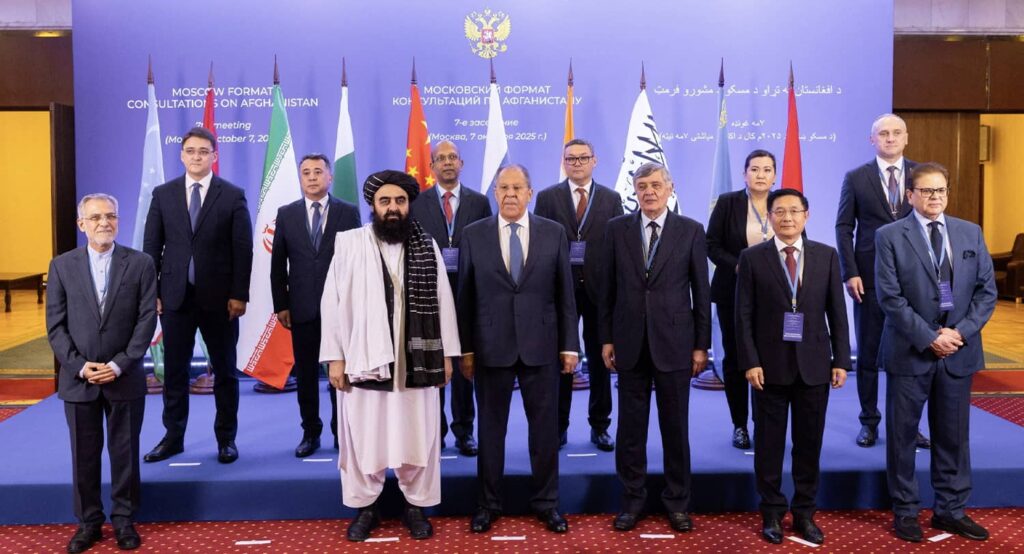
Four years have passed since the United States withdrew in chaos from Afghanistan, abandoning important projects, leaving behind billions of dollars of equipment and handing the Taliban many other assets in that country. The Taliban still rule Afghanistan. They face a mountain of unresolved problems yet are ready to employ as much force as necessary […]
When Erdoğan Shifted Focus to the Kurds in Syria
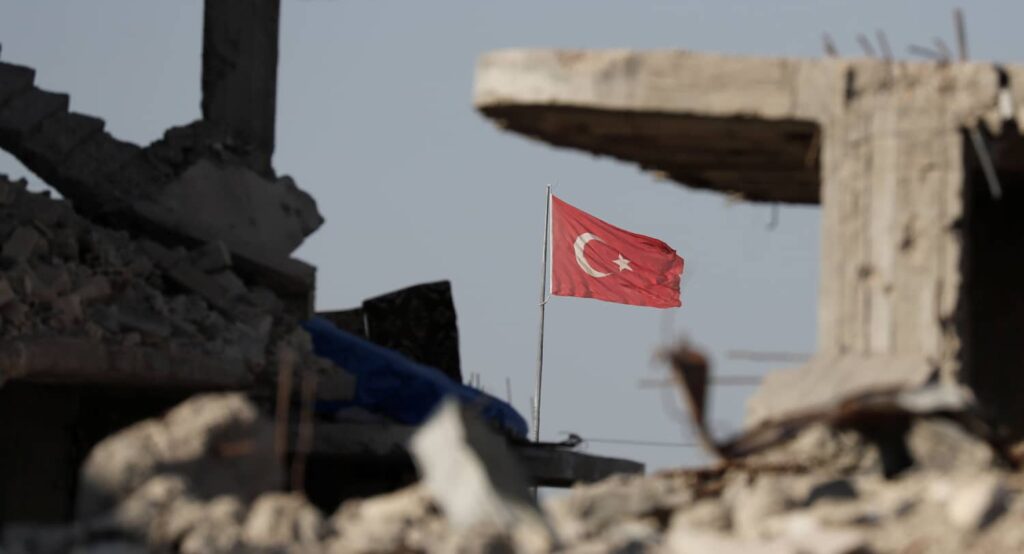
2015 marked a change in the Syria policy of Turkey’s President Recep Tayyip Erdoğan. He began to walk back his initial goal of toppling the Asad regime and turned towards Syria’s surging Kurdish forces. Specifically, he wanted to prevent the emergence of a Kurdish-controlled enclave along Turkey’s border with Syria that could affect Turkey’s own […]
Turkey in Syria: An Alternative View
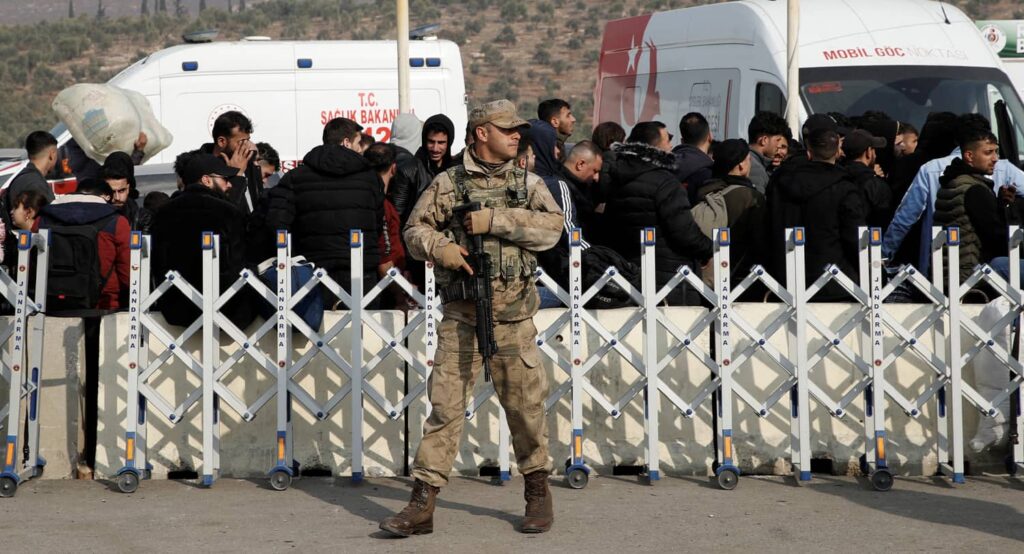
Sinan Ciddi has written recently in the Jerusalem Strategic Tribune a multi-part analysis of Turkey in Syria (“Turkey’s Quiet Relationship with ISIS” and previous). His bottom-line argument is that Erdoğan’s Syria policy was driven largely, first, by his desire to spread and eventually lead, political Islam throughout the region, and, second, as a means to that […]
Russia’s Return to Syria
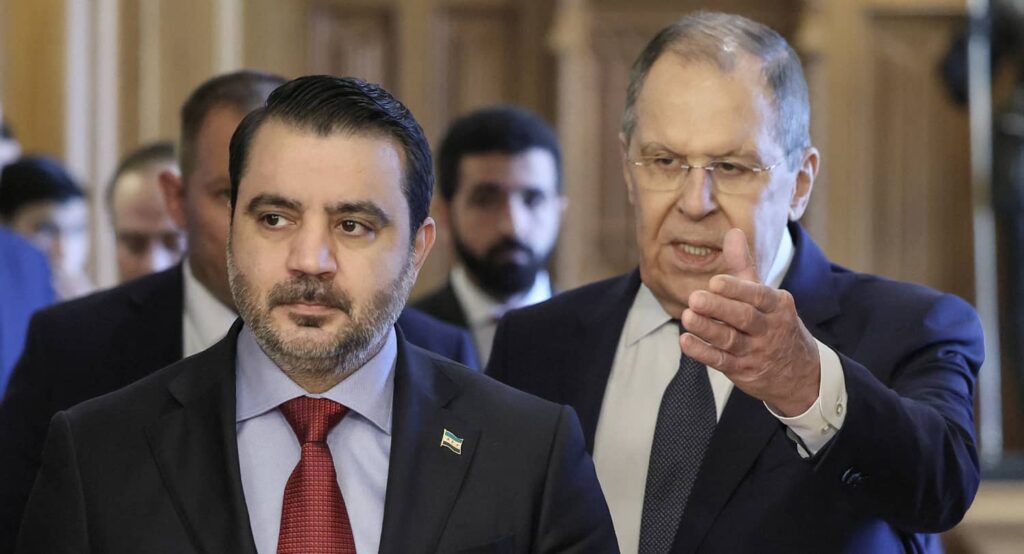
On July 31, Syrian Foreign Minister Asa’ad al-Shaibani met with Russian President Vladimir Putin in Moscow, the same city where deposed President Bashar al-Asad now lives in exile. Shaibani was carrying an unexpected request. According to sources familiar with the meeting, Damascus asked Russia to resume military police patrols along Syria’s southern border with Israel. […]
Turkey’s Quiet Relationship with ISIS

On June 29, 2014, Abu Bakr al-Baghdadi, the leader of the Islamic State in al-Sham (ISIS), was recorded on video speaking at the al-Nuri Mosque in Mosul, Iraq. (“Al-Sham” is the traditional Arabic name for the Levant.) He declared himself to be the caliph or divinely inspired absolute ruler of an Islamic state. ISIS had risen […]
Turkey’s Push for Regime Change in Syria: The Jihadi Highway

Syria’s civil war broke out in March 2011, in reaction to the brutal crackdown by the regime of Bashar al-Asad of popular protests that were part of the wider Arab Spring. In supporting the Syrian rebels, Turkey’s President Recep Tayyip Erdoğan initially used the language of humanitarian intervention, claiming to protect civilians from the Asad […]
Turkey’s Neo-Ottoman Moment

Turkey’s Syria policy didn’t materialize in a vacuum. Rather, it was a reaction to the Arab uprisings that began in January 2011, known as the Arab Spring, which Turkish policymakers interpreted as a providential opportunity. The fall of entrenched dictators (in Tunisia, Libya, Egypt, Yemen and, eventually, Syria) would, the Turks believed, open the door […]
A US-Led Multinational Mechanism for Syria

Optimism about Syria abounds. The regime, despite its Islamist orientation, has adopted a generally moderate and pragmatic approach (though there are legitimate concerns about its security forces’ actions in the predominantly Druze area of al-Suwayda). Israel’s decimation of Hizbullah and weakening of Iran – the former Asad regime’s primary pillars of support – created this […]
Erdoğan’s Long Game in Syria
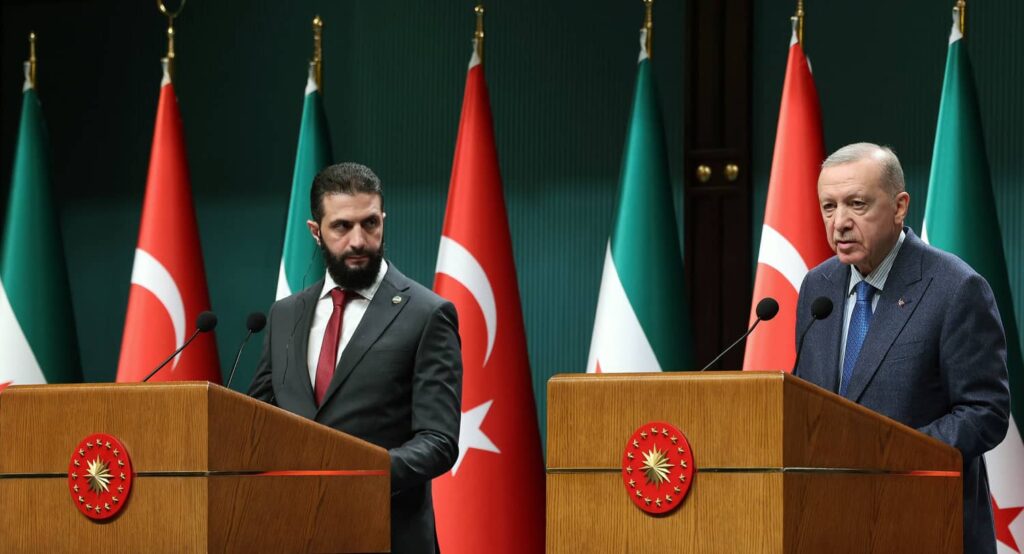
When Bashar al-Asad’s regime abruptly collapsed in December 2024, Turkish President Recep Tayyip Erdoğan saw more than just a regional upheaval. He saw a long-awaited opportunity. With Iran’s influence waning and Russia distracted by internal instability and foreign entanglements, a rare power vacuum emerged in Syria. Erdoğan moved swiftly. For over a decade, Ankara had […]
